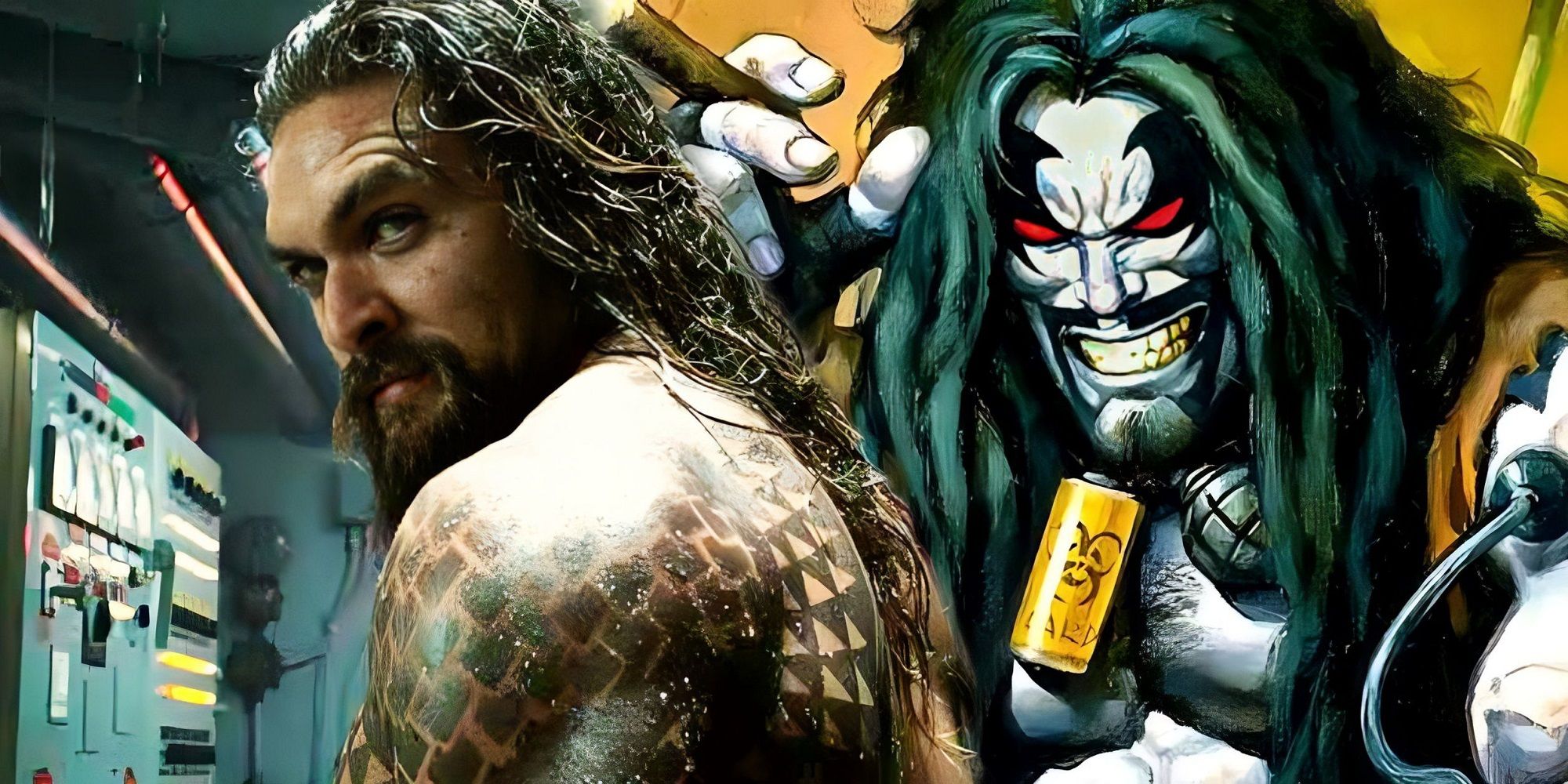
The highly anticipated return of Jason Momoa as Aquaman marks a pivotal moment for the DC Universe. With a bold new approach, Momoa and filmmaker James Wan are poised to redefine the legendary Atlantean king and reshape the cinematic landscape of superheroes. This article delves into the complexities of Aquaman’s epic return, examining its potential impact on the DC Universe and exploring the diverse perspectives surrounding this cinematic event.
Aquaman has long been a beloved character in the DC Comics, often overshadowed by the likes of Superman and Batman. However, Momoa’s portrayal in the 2018 Aquaman film injected fresh life into the character, presenting him as a relatable, flawed, and fiercely protective ruler of the underwater kingdom. This portrayal resonated with audiences, grossing over $1.1 billion worldwide and solidifying Momoa as the definitive Aquaman of the modern era.
Momoa has been a driving force behind the development of Aquaman’s character and story. He has championed a more progressive and inclusive representation of the character, emphasizing his environmental activism and his role as a uniter of humans and Atlanteans. “I wanted to make Aquaman not a fish out of water but a fish in water,” Momoa stated. “I wanted to make him the king of the ocean, but also of land.”
Aquaman’s return is not simply a sequel to the 2018 film; it is a reset and a reinvention of the character within the larger DC Universe. The film is expected to introduce new allies and adversaries, explore uncharted territories of the underwater world, and delve deeper into the mythology and lore of Atlantis. Warner Bros. hopes that this new Aquaman will serve as a catalyst for a revitalized DC cinematic universe, akin to the success of Marvel’s interconnected franchise.
The announcement of Momoa’s return as Aquaman has been met with mixed reactions from critics. Some have praised Momoa’s charisma and commitment to the character, while others have questioned the need for another Aquaman film so soon after the original.
The film’s focus on environmental themes has also sparked debate. While some critics applaud its relevance and urgency, others argue that it may detract from the escapist fantasy elements that audiences expect from superhero movies.
Beyond its box office potential and critical reception, Aquaman’s return holds significant cultural importance. Momoa’s portrayal of a Polynesian superhero challenges traditional representations of masculinity and diversity in Hollywood blockbusters. By casting an actor of Native American and Hawaiian descent, Warner Bros. is sending a message of inclusion and breaking down barriers in the entertainment industry.
Jason Momoa’s epic return as Aquaman is a complex and multifaceted cinematic event. It represents not only a new chapter for the DC Universe but also a shift in the representation of superheroes and the exploration of environmental themes. While the film’s success remains to be seen, Aquaman’s return is sure to leave a lasting impact on the superhero genre and beyond. It is a testament to Momoa’s enduring charisma, the enduring power of the DC lore, and the ever-evolving landscape of cinematic storytelling.
